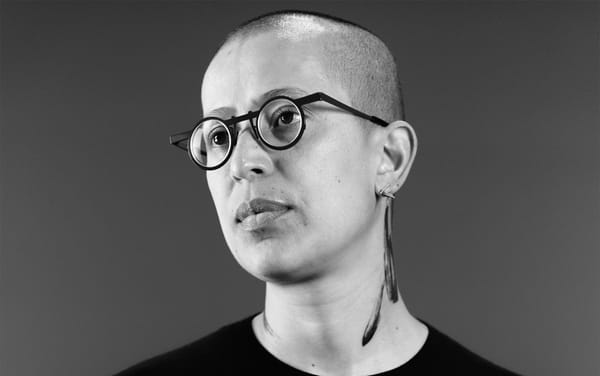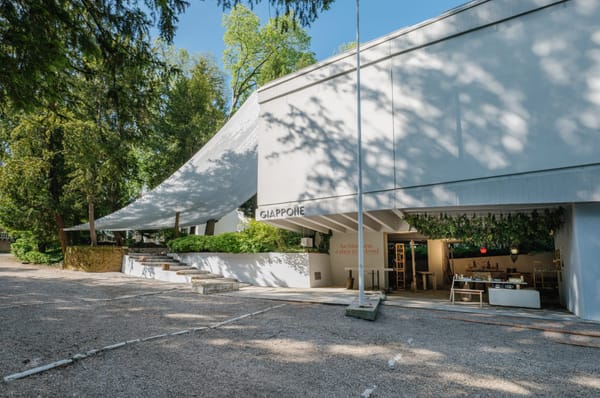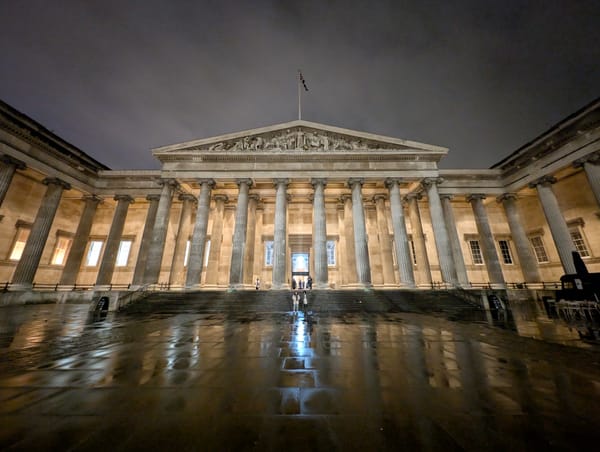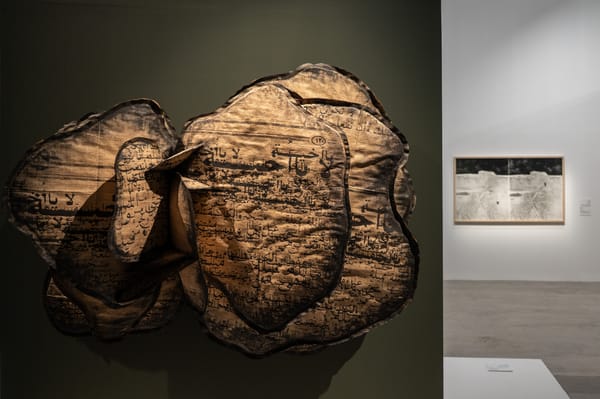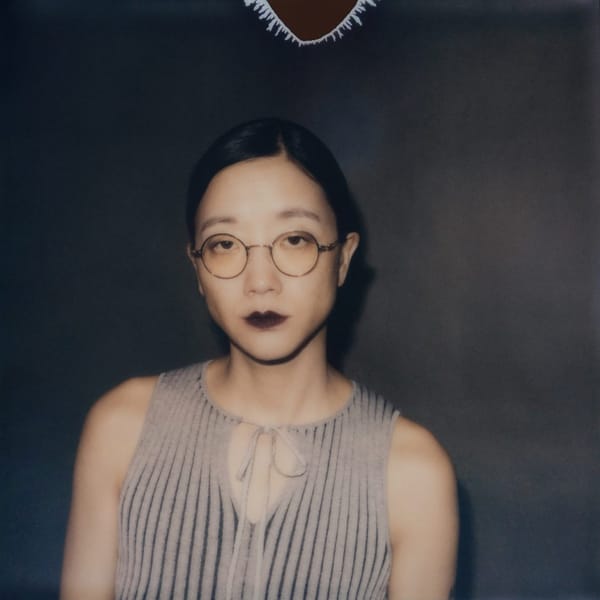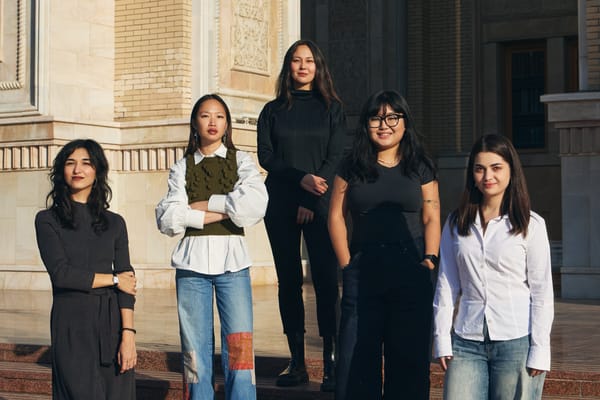News
Japanese Gallery Discovers Counterfeit Work by Infamous German Art Forger

Another painting in Japan has been identified as a fraudulent work by Wolfgang Beltracchi, more than a year after the notorious German art forger claimed two tableaux held in the Tokushima Modern Art Museum and the Museum of Art in Kochi as his own.
The latest forgery in question is an oil-on-canvas titled Kiki de Montparnasse, which was originally accredited to 20th-century Polish French artist Moïse Kisling. The painting—exhibited in a gallery run by the Yamada Bee Company Group in Okayama prefecture—is a sensual nude portrait of Kiki de Montparnasse, who was a prominent muse for avant-garde artists in 1920s Paris.
The company acquired this work in 2013 from a museum in Hachioji, Tokyo, assured of its authenticity by a supposedly handwritten appraisal from Kisling’s son as well as Christie’s auction records from 1995, which detailed its price at around JPY 25 million (USD 300,000). As reported by NHK World-Japan, however, there was a label on the back of the painting that referenced Alfred Flechtheim, an influential German Jewish art dealer and collector, whose name Beltracchi has historically attached to his counterfeit artworks.
Concerns about the Kisling painting’s authenticity were first raised in April when the company loaned it to a museum in Fukuyama. The institution reached out to Kurose Kaori, the curator of Yamada Bee’s art gallery, to inform her that the canvas was potentially a fake. In September, NHK spoke with Kurose and Beltracchi in a video call, during which the latter admitted that he had created the work around 1990. “This is still a Kisling painting,” he insisted. “It was highly valued then, and now collectors seek my works.”
Responding to Beltracchi’s disclosure, Kurose stated, “I was shocked. The almond-shaped eyes and melancholic expression were classic Kisling. It’s one of our most beautiful pieces.” She added: “Thinking of the feelings and efforts of Kisling and other artists whose works were forged, I simply feel sad. It is just unacceptable.”
Yuqian Fan is an editorial intern at ArtAsiaPacific.

